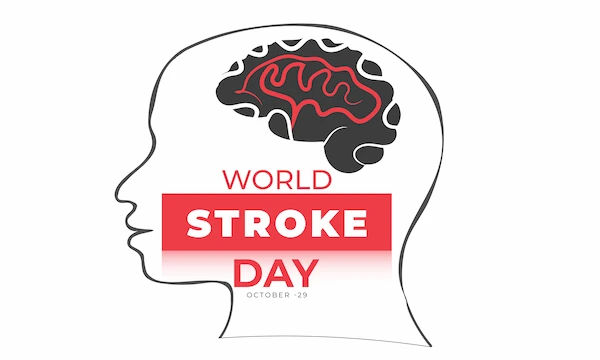- Male
- 69 Years
- 29/01/2025
I'm a bit concerned about my health and would really appreciate some advice. Back in May 2017, I had an angioplasty and have been keeping up with my meds and exercises since then. Currently, I'm on cilacar for my blood pressure and crevast 7510. I used to take ecosprin 7520, but my ENT doctor suggested that it could have been causing my nasal block and sinus issues. I've had two nasal surgeries to remove polyps, and I've been on crevast for the past month. So, I'm just wondering how often I should be getting my ECG, treadmill, echo, and other tests done. I've been doing lab tests every three months and everything's come back normal. Any guidance on this would be really helpful.
Answered by 1 Apollo Doctors
it is important to monitor your heart health regularly. Since you have already been taking lab tests once every three months and they have been normal, it is recommended to continue with this frequency for now. Additionally, it is advisable to undergo an ECG, treadmill test, and echo once every 6-12 months to assess your heart function and overall cardiovascular health. However, the frequency of these tests may vary based on your individual health condition and any specific recommendations from your cardiologist.
Dr. Anshul Suggests...
Consult a Cardiologist
Answered 04/07/2025
0
0

More Cardiology Health Queries
View allI recently got my Lipoprotein a test results back, and it shows Lpa 47.2. I'm wondering if this is considered a normal range or if I should be thinking about medication. Can you help me understand what this means for my health?
A Lipoprotein (a) level of 47.2 mgdL is considered within the normal range. However, it is important to consider other risk factors for cardiovascular disease as well. To help maintain a healthy level of Lipoprotein (a) and reduce the risk of heart disease, you can consider taking medications such as Atorvastatin at a dosage of 10-80 mg daily or Rosuvastatin at a dosage of 5-40 mg daily. It is recommended to discuss with your healthcare provider for personalized advice based on your overall health profile.
Answered by 1 Apollo Doctors
I've been dealing with hypertension for the last 12 years and usually take TOZAM Losartan 50mg Amlodipine 5mg in the morning. But about a month ago, I noticed some palpitations and sweating, and when I checked, my blood pressure was 95150. After getting checked at the hospital, they did an angiogram and said theres a minor artery disease with a 30% block. Now, they've put me on TOZAM and Prolomate XL 25mg Metoprolol 25mg every morning, plus Rosutor Gold Aspirin at night. I'm wondering, do I really need to be on both TOZAM and Prolomate, or is there something else I should be considering?
Yes both are required to regulate your haert function,no need to worry follow your doctors advice and maintain healthy lifestyle.
Answered by 1 Apollo Doctors
My dad's angiogram showed a 95% block in his LAD, but the SPECT test said only 25-30% of his heart muscle is viable. The PET CT later showed 60% hibernating myocardium that's still viable. Should we go for revascularization, and if so, would a stent or bypass be better? What are the risks, or can we just stick to meds since he's stable right now?
Medicine is very important before and after procedure but it's not enough in this case Lucky no pain gives you time but few of left myocardial muscle will die if we don't give blood to it so sitting on it is not a good idea Than should not have done all scans because now they are telling you to act upon Single block easily removed by stent takes ten minutes and. 20 years results comparable to bypass . I would get myself cut for no reason Bypass is optional if stent can't be done or too many blocks
Answered by 1 Apollo Doctors
Disclaimer: Answers on Apollo 247 are not intended to replace your doctor advice. Always seek help of a professional doctor in case of an medical emergency or ailment.





